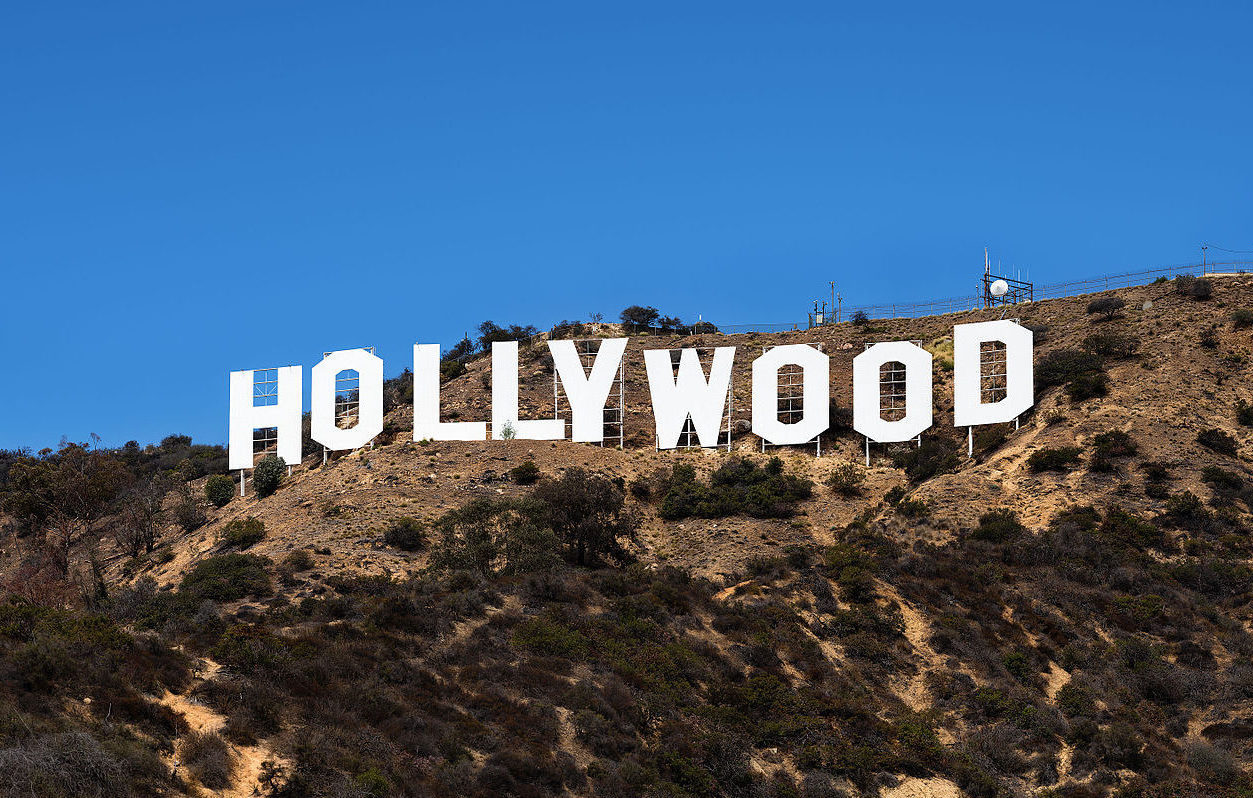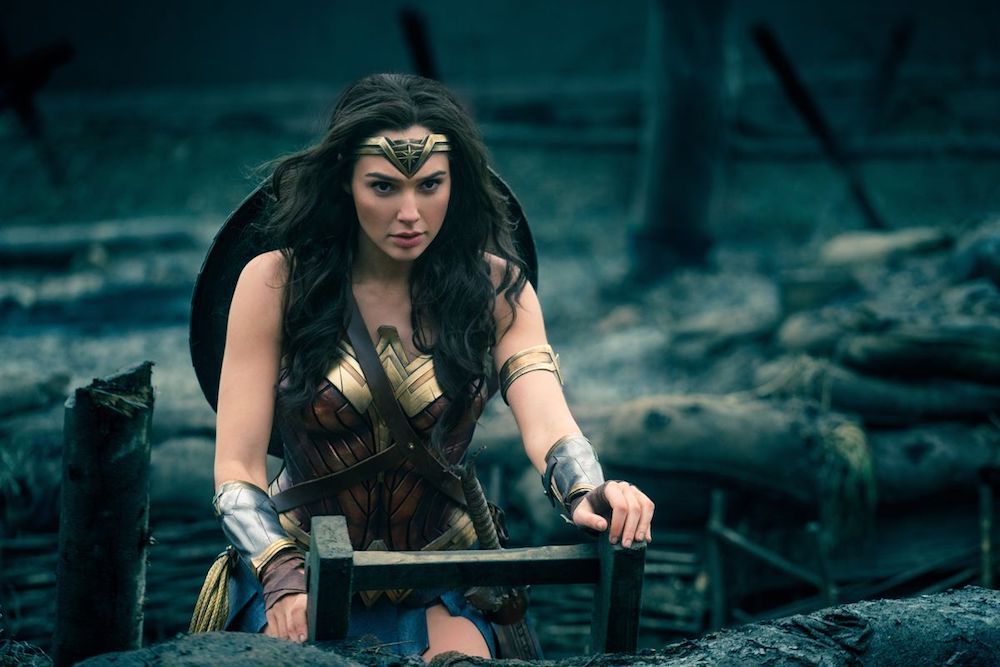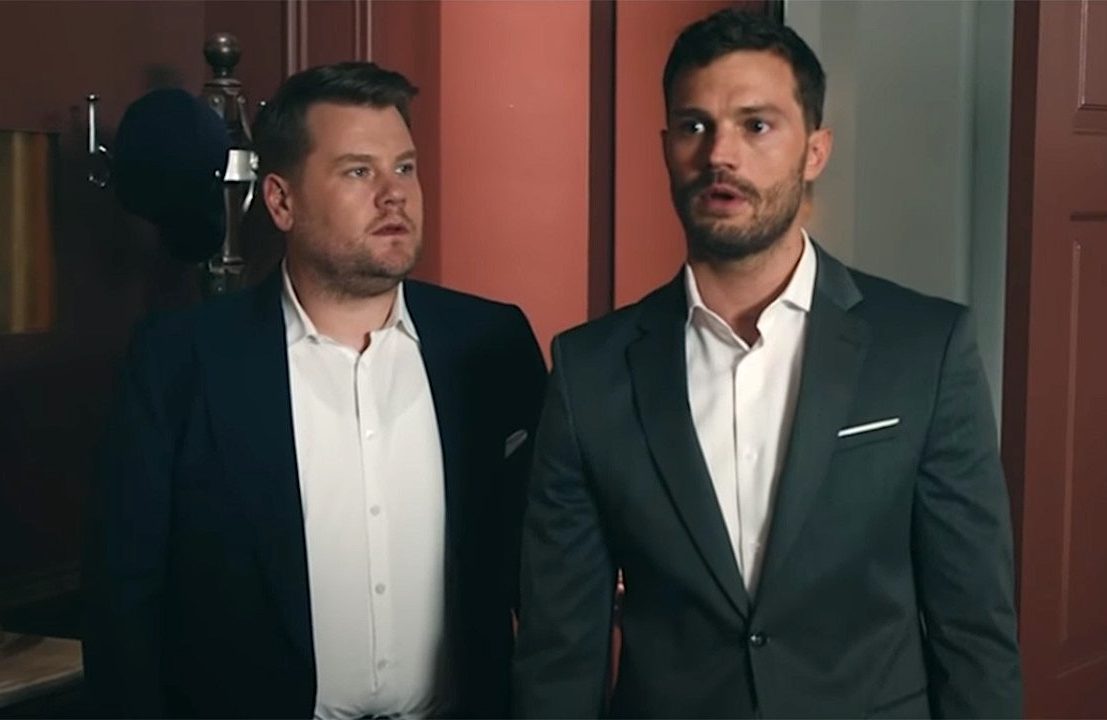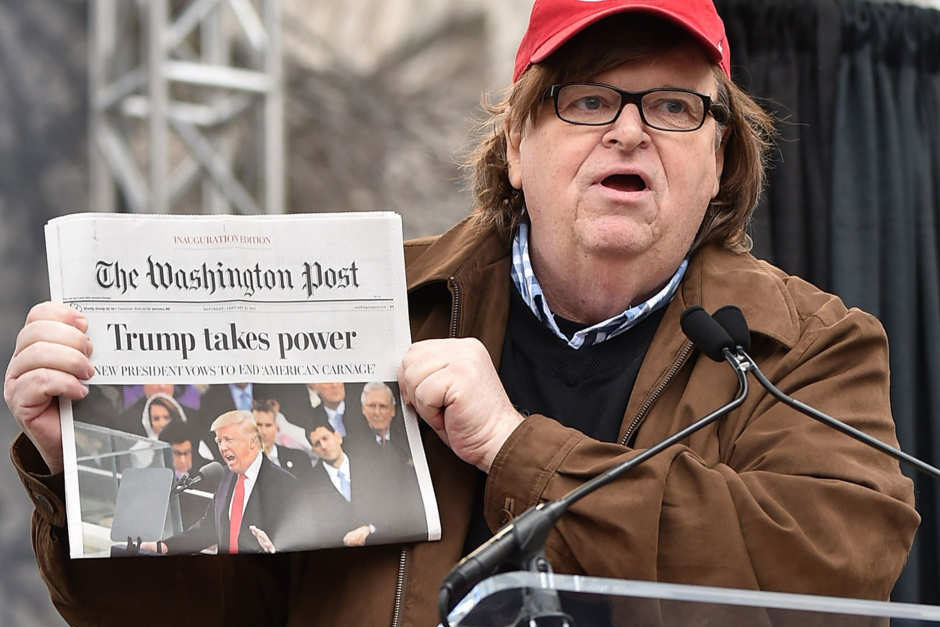
LGBTQ Characters are More Underrepresented in Major Hollywood Movies than Ever
Advocacy group GLAAD (the Gay & Lesbian Alliance Against Defamation) released its 6th annual Studio Responsibility Index, a report that maps the quantity, quality, and diversity of LGBTQ people in films released by the 7 largest motion picture studios and their subsidiaries during the 2017 calendar year – and the results are far from satisfactory.
Despite demonstrating an openness toward difference and self-expression, big Hollywood studios are failing communities that deserve more representation on the big screen.
The report, published today, found that of the 109 movies from major studios in 2017, only 14 (12.8%) of them included characters that are LGBTQ, a significant decrease compared to last year’s report (18.4%, 23 out of 125). It’s also the lowest number since GLAAD began tracking the percentage of Hollywood’s LGBTQ representation in 2012.
The report also highlights the fact that among the 109 releases it examined, none included a transgender character. Only one was represented the previous year and, according to the study, “only served as a punchline.” Moreover, of the 14 LGBTQ character appearances reported, half had less than 5 minutes of screen time…

In the light of these new numbers, it seems that LGBTQ representation in Hollywood is getting worse. Among the 7 major studios the research focused on, 20th Century Fox and Universal Pictures both received an ‘Insufficient’ rating; Paramount Pictures, Sony Entertainment, and Walt Disney received ‘Poor’ ratings; and Lionsgate Entertainment and Warner Brothers received ‘Failing’ ratings.
Following the study’s results, GLAAD president and CEO Sarah Kate Ellis challenged the same studios to increase the appearance of LGBTQ characters to 20% by 2021 and 50% by 2024. “With wildly successful films like Wonder Woman and Black Panther proving that audiences want to see diverse stories that haven’t been told before, there is simply no reason for major studios to have such low scores on the Studio Responsibility Index,” said Ellis. “At a time when the entertainment industry is holding much needed discussions about inclusion, now is the time to ensure the industry takes meaningful action and incorporates LGBTQ stories and creators as among priorities areas for growing diversity.”
With so far 3 well-executed LGBTQ-inclusive releases in 2018 (Annihilation, Blockers, and Love, Simon), GLAAD believes Hollywood is on the right path to do better. “We hope that next year’s report is able to paint a more promising picture than GLAAD’s 2017 findings,” suggests Sarah Kate Ellis, who also pointed that with 20% of Americans 18 to 34 years old and 12% of those 35–51 identify as LGBTQ, if studios want to stay relevant, they “must create stories are reflective of the world LGBTQ people and our friends and family know.”




